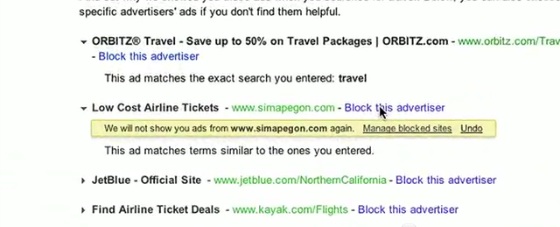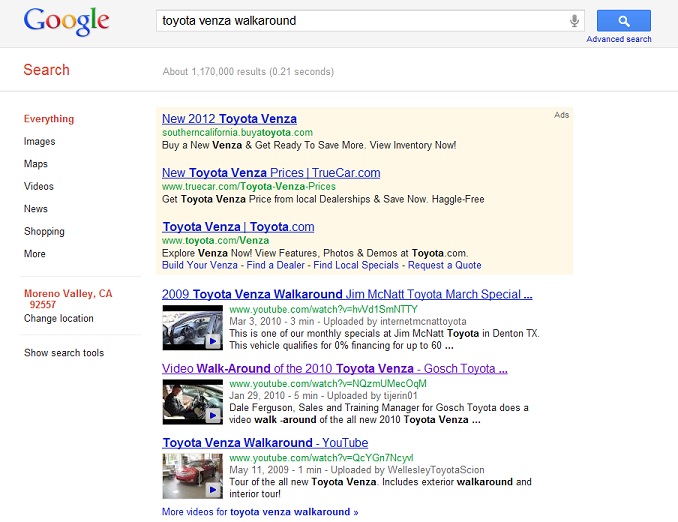When I went to BlogWorld LA, I met up with a friend of mine, James Stayton. As I’m walking around googly-eyed at the likes of Chris Brogan, Jason Falls, etc., he jumps when he sees this one guy with a “Buffer” shirt on. We go over and James starts telling this guy how much he loves Buffer and about how much he likes the new features, etc. I had never heard of Buffer so I asked the guy (who turned out to be a co-founder, Leo Wid) to show me how it worked. I signed up (as it’s free) and told him I’d check it out. At the time, the Facebook posting was still in beta, (he let me in on the very tail of that) but now, I believe, it’s live for anyone who signs up.
So, what is Buffer?
Buffer is an easy service that allows you to share information without overwhelming your networks (the networks in this article I’m referring to are Twitter and Facebook). How it does this is that they use an algorithm that determines what the best times of the day (ie. most trafficked and used) are and it schedules them for those times automatically. It also “buffers” your posts so that you aren’t sending a ton out at once and overwhelming your followers/friends. It will determine how many you should be posting and automatically schedule them for when they are most likely to be read or clicked through and it will space them out in time for you also. There is also a “Post Now” button if you don’t want to send it later.
I’ve been (and I am) a Hootsuite Pro user for a long time. I love Hootsuite but it is a pain to schedule tweets with any kind of strategy involved. I still use Hootsuite but now I use Buffer as a compliment to it so that I can share great content without having to even THINK about when I should tweet or post something and how much is too much, etc.
…and one of my FAVORITE parts of Buffer is that it allows me to use my custom URL shortener automatically! You just plug in your shortener information (in this case, I use bit.ly for my shortener – arni.es) and it automatically uses YOUR shortener for any websites you add to your buffer. Hootsuite charges $50 per month if you want this feature!
Anyways, I don’t get this excited about a new service (God knows there are plenty of them popping up all the time.) but this one has me pumped. I’ve been using it now for a couple of weeks and I love it.
A dealership (or any business) could use this to pre-load a week’s worth of content very easily then sit back and sell some cars!
Check it out , sign up and send your first tweet by clicking HERE!


